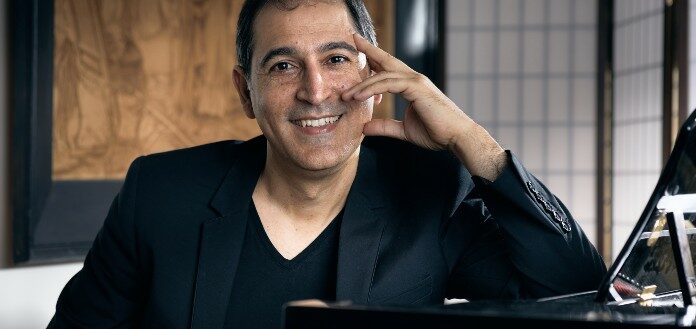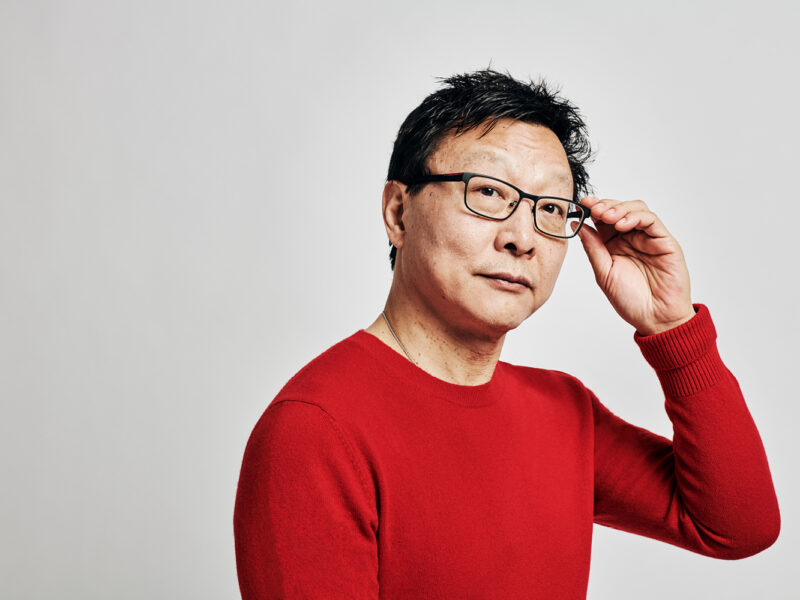VC INTERVIEW | Anders Beyer - CEO & Artistic Director of the Bergen International Festival
The Violin Channel recently caught up with Anders Beyer - CEO & Artistic Director of the Bergen International Festival
The Violin Channel recently caught up with Anders Beyer - CEO & Artistic Director of the Bergen International Festival, currently underway in Bergen, Norway.
Hi Anders. Please tell us about the Bergen Festival. It has a very long legacy - having run annually since 1953 …
"The Bergen International Festival presents art in all its guises: music, theatre, dance, opera and visual art.
With a combination of dramatic landscapes, local colour and imaginative programming, the festival is well established as a centre for the northern European arts scene, presenting premieres and new productions in the spheres of music, opera, theatre and dance.
Each year, hundreds of events are staged over the course of 15 days in more than 40 venues, including the homes of Norwegian composers Edvard Grieg and Ole Bull.
Bergen International Festival is Scandinavia’s largest and most important festival of its kind.
Classical music and the theatre are cornerstones of the festival, and every year new productions are presented in collaboration with international partners.
We want to invite, inspire and challenge a large local and visiting audience.
With our partners in and around Bergen, we offer music, theatre, dance – and much more – that reflect our lives and dreams, and has unexpected effects on the way we perceive the world.
The festival also gives priority to new music, commissioning several works every year.
The festival had more than 75,000 visits in 2019 and receives governmental funding on both a regional and national level, in addition to corporate and private sponsorships"
It is one of the first international festivals to move virtual this year. What initiatives have you put into places to adjust to the current COVID pandemic situation?
"The biggest difference is that all the artists play to empty halls.
There is no live audience, only the artists on stage, TV producers and camera crews.
The members of the orchestra sit further apart from each other.
Most festival staff members work from their homes, and everyone involved in the 2020 edition of the festival follows the regulations set by the authorities"
What are you hoping can be achieved this year?
"Our goal is the same as always: to present music and arts to as many people as possible.
This extraordinary year we also hope to reach out to both existing and new audiences, and perhaps offer a little light and hope in what has been a very challenging spring for many.
Our re-imagined digital festival has been well received. After only two of the fifteen festival days had been completed, we registered 141,000 viewings.
Viewers tune in from across the world, and the feedback from our digital audience members has been nothing short of moving.
It’s clear that there are many people out there who miss being able to experience music and the arts together, and that they appreciate the Festival taking place this year – in spite of circumstances.
The Bergen Festival has worked with long-term strategies for giving artistic content a longer lifetime on digital platforms.
This year, we have taken great leaps forward, although the programme we are now launching does not break down boundaries for what one can do with technology.
What we are presenting with ill-concealed pride, however, is a festival with an extent and an artistic diversity which means that our large national and international public, from the ‘front row’ in their homes, can experience the cornucopia of options that has always been a hallmark of the Bergen Festival.
Right now, in fact, we are among the major players in our class on the digital market, also on the international scale"
What are the highlights of this year’s online festival? What are you most looking forward to?
"All concerts in Bergen’s composers’ homes are special, with an intimate atmosphere.
Here you can experience world class chamber music.
The Haakon’s Hall is somewhat bigger and offers a magnificent back drop for TV productions.
The productions for symphonic orchestra are placed the Grieg Hall.
I’m looking forward to see if the audience like the new format with performances and concerts.
We have also a small outdoor programme this year, so that the citizens will have musical experiences in public spaces as we have in so-called normal festivals"
What initiatives do you have in place to support artists in time of COVID?
"Where other festivals throughout Europe have closed down all activities in 2020, we have planned an alternative festival.
Therefore we can offer not only artists jobs, but also production teams, rent of digital equipment, rent of concert venues etc. – thus supporting the whole art community on stage and back stage"
How important is art in this time of COVID?
"We are living in a new reality, and there is reason to believe that the world will never be the same as it was before COVID-19 turned everything upside down.
Art was important before the pandemic and it is important during the crisis.
Exactly how important art is, is difficult to say in a short interview.
Every day we read about or live through an abundance of topics, tensions and angles that can be investigated creatively – ranging from political development, the health of our globe, identity and gender, sustainability and inequality, consumer power and questions about true human connection in the digital age.
Reaching out to new audiences is absolutely necessary in order to obtain a new kind of dialogue with people about these important issues.
Festivals of the future simply must communicate with society as such, festivals must have a large, diverse and critical audience in order to reflect the life of modern people.
The consequences of having to keep our distance from one another and avoid large gatherings are far-reaching.
Culture is far from the only area affected by the crisis and the reservations it has given rise to, but it is perhaps the area where the differences between before and after are greatest.
Cancellations, commercial failures and desperate cries for help have affected art and culture since the crisis began, and the public is increasingly demanding cultural experiences that do not involve exploring yet another Netflix program.
Now, as we gradually begin to get the feeling that the crisis can go on for years, there are reasons to think deeply about how cultural life can not only survive but actually thrive in this new reality; a reality we can expect to persist in one way or another even when the crisis is officially over, because at the global level mankind has been so affected and alarmed that our collective behavioural patterns will certainly be changed for a whole generation.
Every serious festival needs to consider some fundamental questions:
What connections are meaningful for society, which we are not seeing today?
How can new voices come together and create experiences that makes relevant, beautiful and challenging commentaries to our lives?
How can we define ‘our lives’ in a way that mirrors today's society in a truthful and celebratory way?
How can we spark new conversations among the people of today’s Nordic region and those of us who identify as global citizens?
These questions make it clear that a diverse set of voices need to be heard in order to explore them in a meaningful way.
The various voices must be counterpointed by old and new diverse audiences.
Art should always have a clear connection or an interesting dialogue with as many people as possible.
Without an audience, the artistic output of today will disappear as important glue in society, which again will lead to the disappearance of our common history.
If we end up having no history, we all know what happens: we’re facing lack of civilization and create political room for barbarism.
For the time being, this audience is not a live audience, and in the future, we might reinterpret the meaning of the “fire place”, where we experience art.
I believe in the digital fire place"
If we want to view some of the festival online, where should we head?
"All concerts, performances and debates are available for a minimum of 30 days, and most will be available for a few months – do join us online!"
april 2024
may 2024




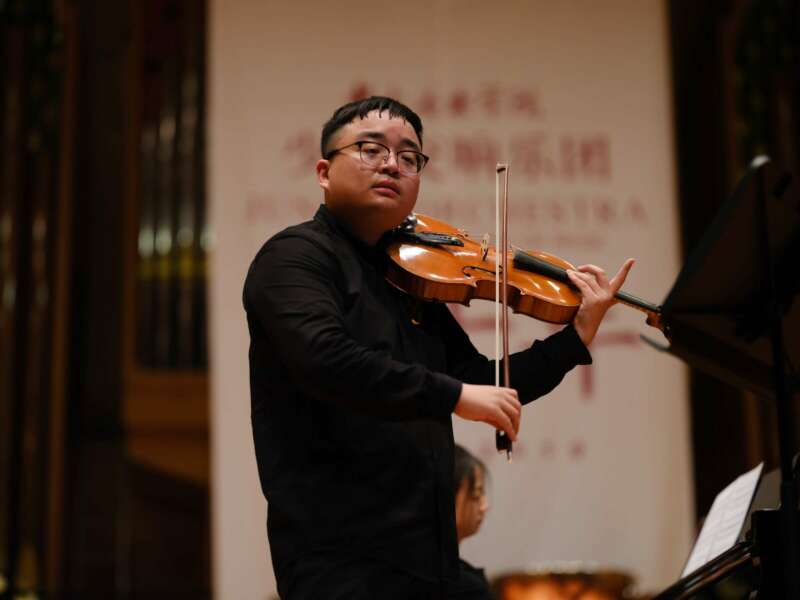
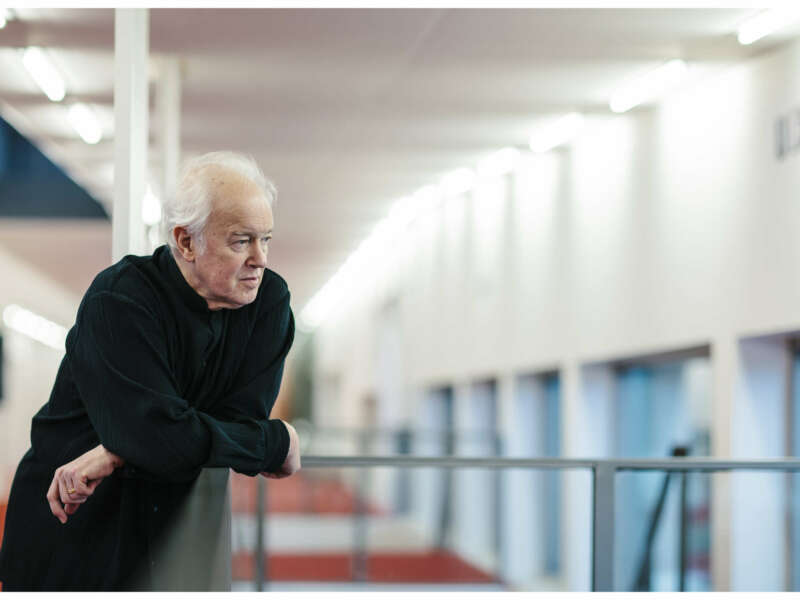

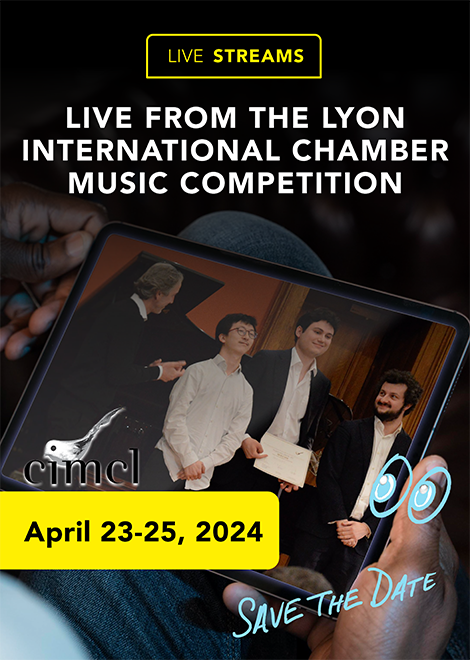
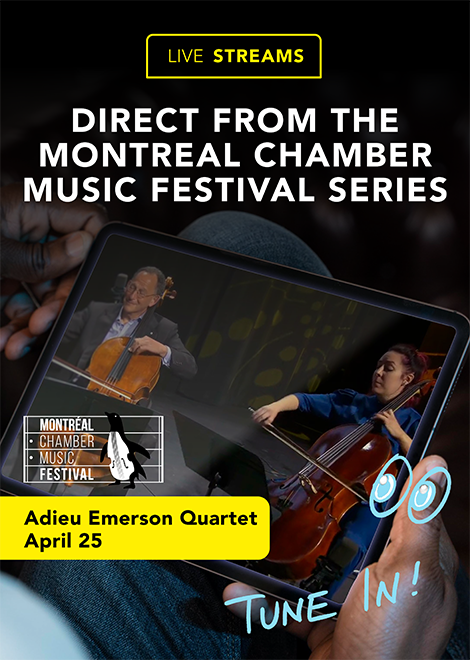
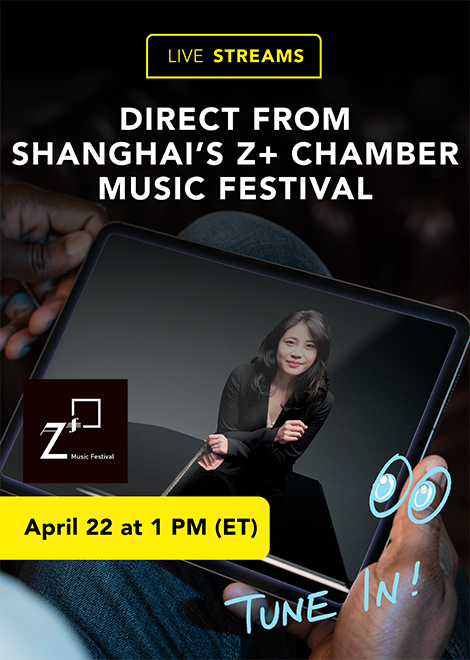
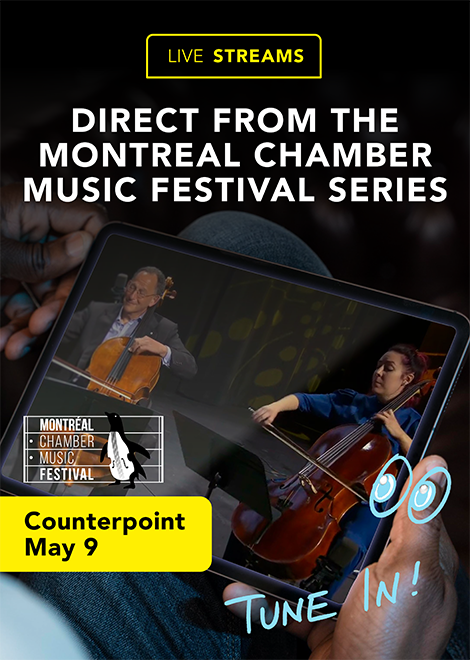















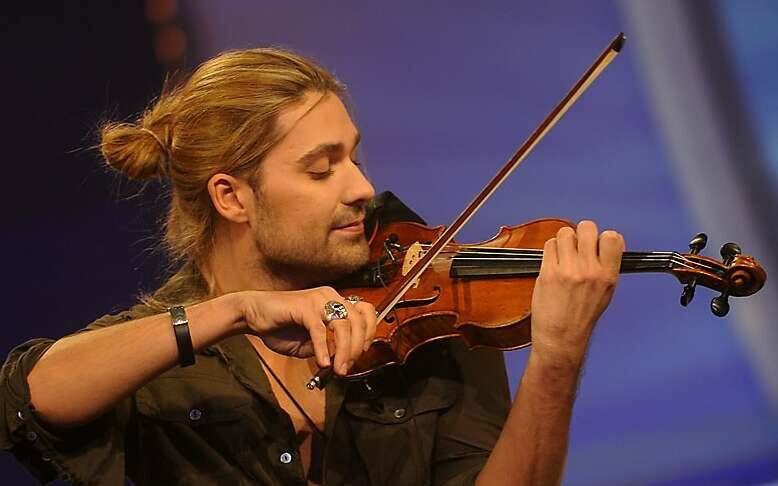
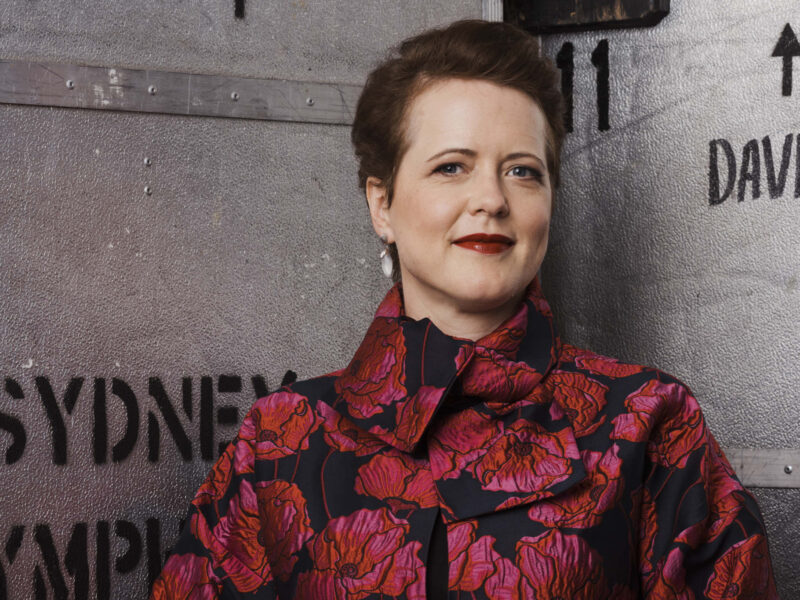
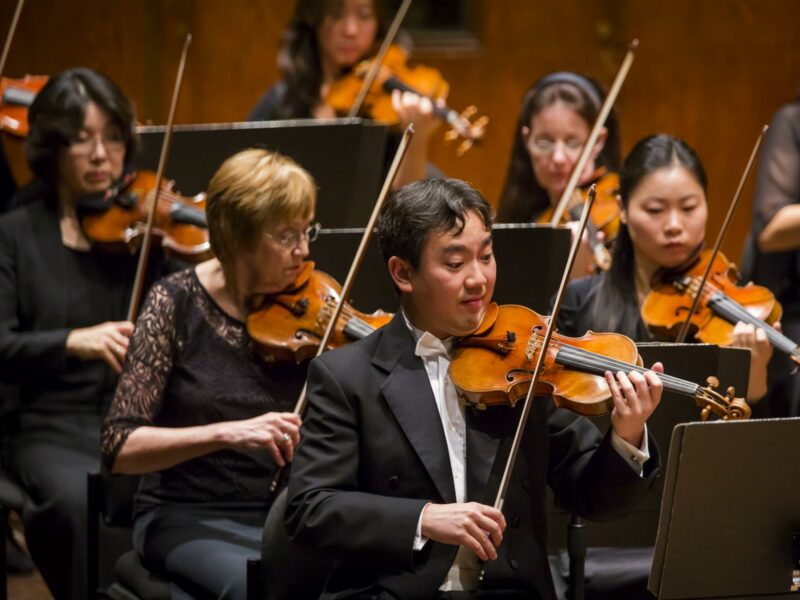
![VC INTERVIEW | Conductor Andras Keller on "The Day of Listening" [WATCH NOW] - image attachment](https://mobile.theviolinchannel.com/wp-content/uploads/2021/11/Andras-Keller-800x600.jpg)
